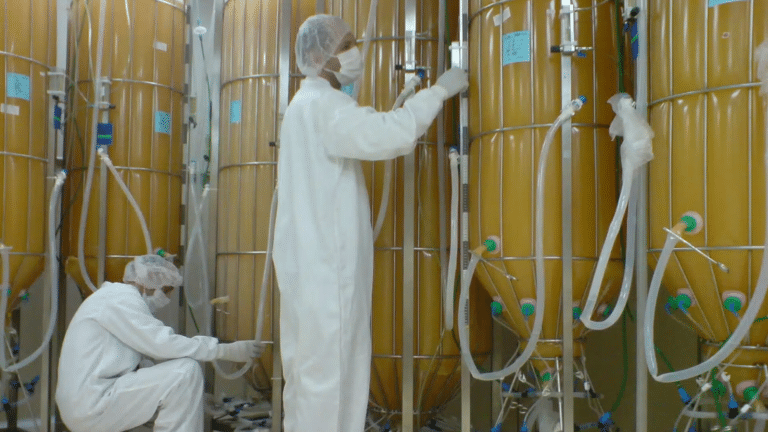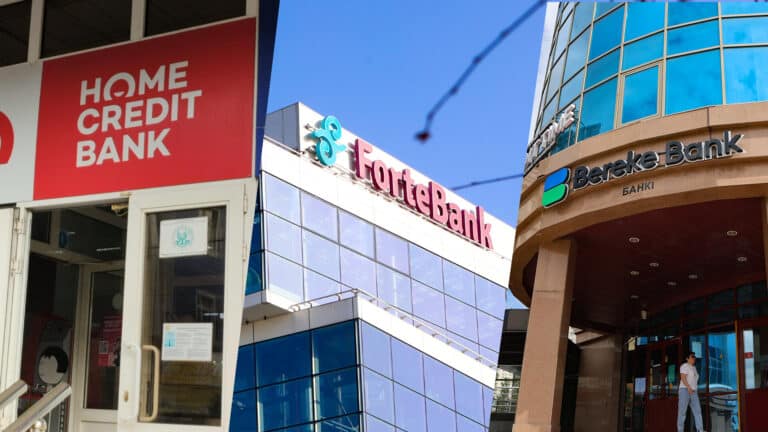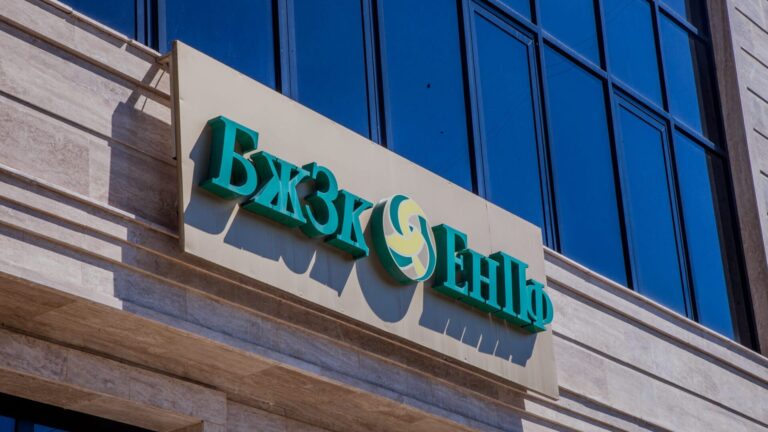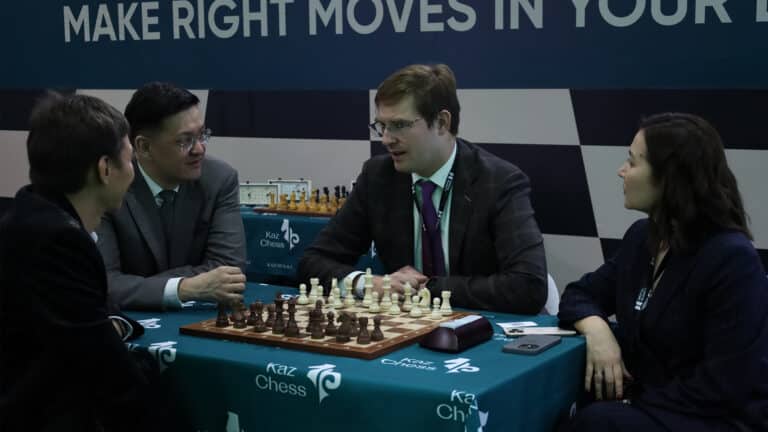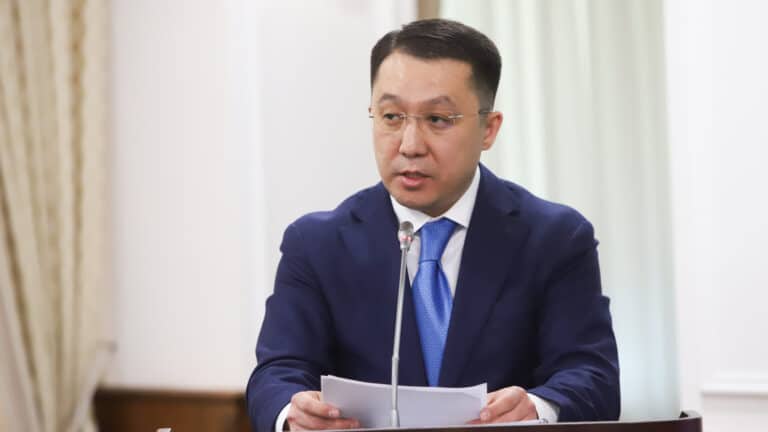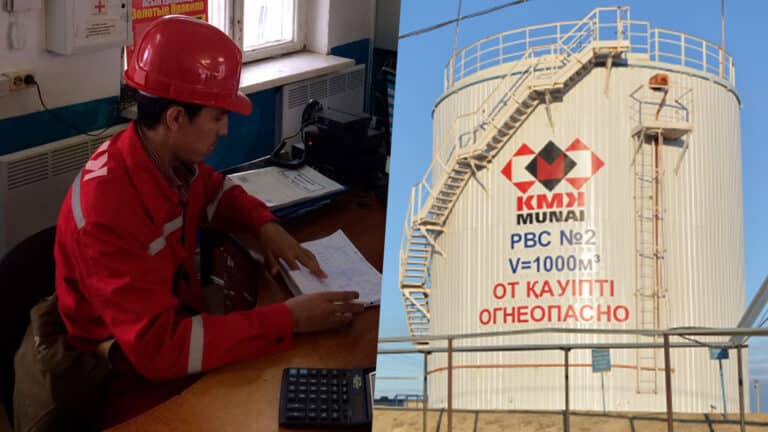
Photo: IN8bio.com
The small-cap company IN8bio promises to revolutionize oncology with cell therapies, including for the highly aggressive glioblastoma. While this treatment is a groundbreaking advancement that took place not long ago, its use remains limited. IN8bio seeks to change that.
The cell revolution
For decades, oncology relied on surgery, chemotherapy, and radiation therapy. The 2000s saw the advent of targeted therapy, which identifies and kills cells specific to certain cancer types. In the 2010s, immunotherapy emerged, aiming to boost the immune system’s ability to attack cancer cells.
One type of immunotherapy, CAR T-cell therapy, has been described by Dr. Renier J. Brentjens of the Memorial Sloan Kettering Cancer Center in New York as a “living drug.” A patient’s T-cells — lymphocytes — are collected, engineered in a lab to produce chimeric antigen receptors (CARs), and then reinfused into the patient. CARs enable these lymphocytes to target and destroy cancer cells.
The concept of CARs was first proposed by Israeli immunologist Zelig Eshhar, who successfully engineered the first CAR T-cells in 1989. However, the technology required decades of further development. Today, Carl June, director of the Parker Institute for Cancer Immunotherapy at the University of Pennsylvania, is regarded as a pioneer of CAR T-cell therapy. June initially explored its potential while studying treatments for HIV, but found, in his words, that “genetically modified T-cells could persist for years in the patients. I had always thought that the cells would die or be rejected.” For cancer patients, this discovery meant months or possibly years without relapse.
This marked the first cell-based cancer treatment.
June’s team began treating adult patients with experimental CAR T-cell therapy in 2010 and treated the first child in 2012, as reported by Forbes. In 2017, the U.S. FDA approved the first CAR T-cell therapy for acute lymphoblastic leukemia in children and young adults unresponsive to chemotherapy. Developed by June’s team and licensed to Novartis, this therapy was hailed by the New York Times as the dawn of a new era in medicine.
CAR T-cell therapy represents “fantastic progress,” said Dr. Terry Fry, who led several clinical trials at the National Cancer Institute.
Since then, five additional CAR T-cell therapies have been developed, all targeting blood cancers, including lymphomas, certain types of leukemia, and, more recently, multiple myeloma. These cancers are often referred to as “liquid tumors” due to their widespread presence in the body.
In 2023, June and Michel Sadelain were awarded the prestigious Breakthrough Prize in Life Sciences for their work. The prize was established by Google cofounder Sergey Brin, 23andMe founder Anne Wojcicki, Meta CEO Mark Zuckerberg and his wife Priscilla Chan, and investor Yuri Milner and his wife Julia Milner.
A small cell population
However, the other type of cancer, known as “solid tumors,” characterized by defined boundaries and localized growth in organ systems, remains untreatable with CAR T-cell therapy, which has shown limited effectiveness against it so far. Solid tumors include cancers of the bones, liver, and soft tissues. IN8bio has pointed out that the number of solid tumor cases is nine times that of blood cancers cases each year.
IN8bio is trying to change things and extend CAR T-cell therapy to treat solid tumors. It is conducting clinical trials for newly diagnosed glioblastoma, an aggressive brain cancer with average survival of 15-18 months. At the same time, the company is researching treatment for acute myeloid leukemia, a type of blood cancer.
Founded in 2016 by William Ho and Lawrence Lamb, IN8bio combines expertise in cellular therapy and the financial markets: Lamb was a professor specializing in transplantation immunology, while Ho managed healthcare investment funds and followed the early development of CAR T-cell therapy.
“I was trying to figure out how to go from targeting leukemias and lymphomas to treating solid tumor cancers with off-the-shelf therapies,” Ho explained in an interview with the industry publication Pharmaceutical Executive.
According to Ho, existing CAR T-cell therapies are based on alpha-beta T-cells, which are abundant, constituting around 70% of all T-lymphocytes, but are prone to toxicity and can attack the patient’s body, especially in terms of off-the-shelf therapies. IN8bio instead focuses on gamma-delta T-cells, which do not cause toxicities but are scarce, comprising only about 5% of T-lymphocytes.
Tough choices
IN8bio initially raised over $35 million through private placements between 2016 and 2021. The company then went public on Nasdaq in 2021, selling 4 million shares at $10 apiece.
Since its IPO, IN8bio’s market value has significantly declined. In September 2024, the company announced it would suspend its glioblastoma program, lay off nearly half (49%) of its staff, and expand its leukemia program. Early-stage clinical trials of its leukemia therapy showed 100% effectiveness, with no relapses among patients. Indeed, it was Lamb’s work in the 1990s that first demonstrated the anti-leukemia potential of gamma-delta T-cells.
The decision to step back from glioblastoma stemmed from a lack of investor interest, according to Zacks Small Cap Research (Zacks SCR). That could be because it is a more costly and less predictable area.
IN8bio’s operations remain unprofitable, with a $7.1 million net loss in the third quarter 2024, basically flat year over year. In the full-year 2023, its net loss amounted to $30 million.
Focusing on a single program could spark short-term investor interest, noted Ho. This has already enabled the company to raise $12.4 million in a private placement in October, as highlighted by Zacks SCR.
The proceeds will support the enrollment of 25 additional patients in phase II clinical trials of the company’s leukemia therapy, with monitoring until 2026. The company also seeks to introduce a control group to reduce the risks for future FDA registration trials.
Successful phase II results could lead to an expedited FDA review, Zacks SCR noted. This status is granted to treatments for serious diseases that show significant advantages versus existing therapies.
IN8bio has not completely abandoned its glioblastoma research; it continues monitoring patients, presenting trial results, and exploring partnerships.
Interest in cell therapies for glioblastoma persists among researchers, including June’s team, Forbes reports. However, their focus remains on traditional CAR T-cell therapies, which have shown promising results. June called 2024 an “inflection point” for the treatment of glioblastoma.
According to MarketWatch, five analysts cover IN8bio. Four have “buy” calls, while one has a “hold” recommendation. Their average target price is $4.10 per share, 14 times the stock’s December 12 closing price of $0.29 per share.



